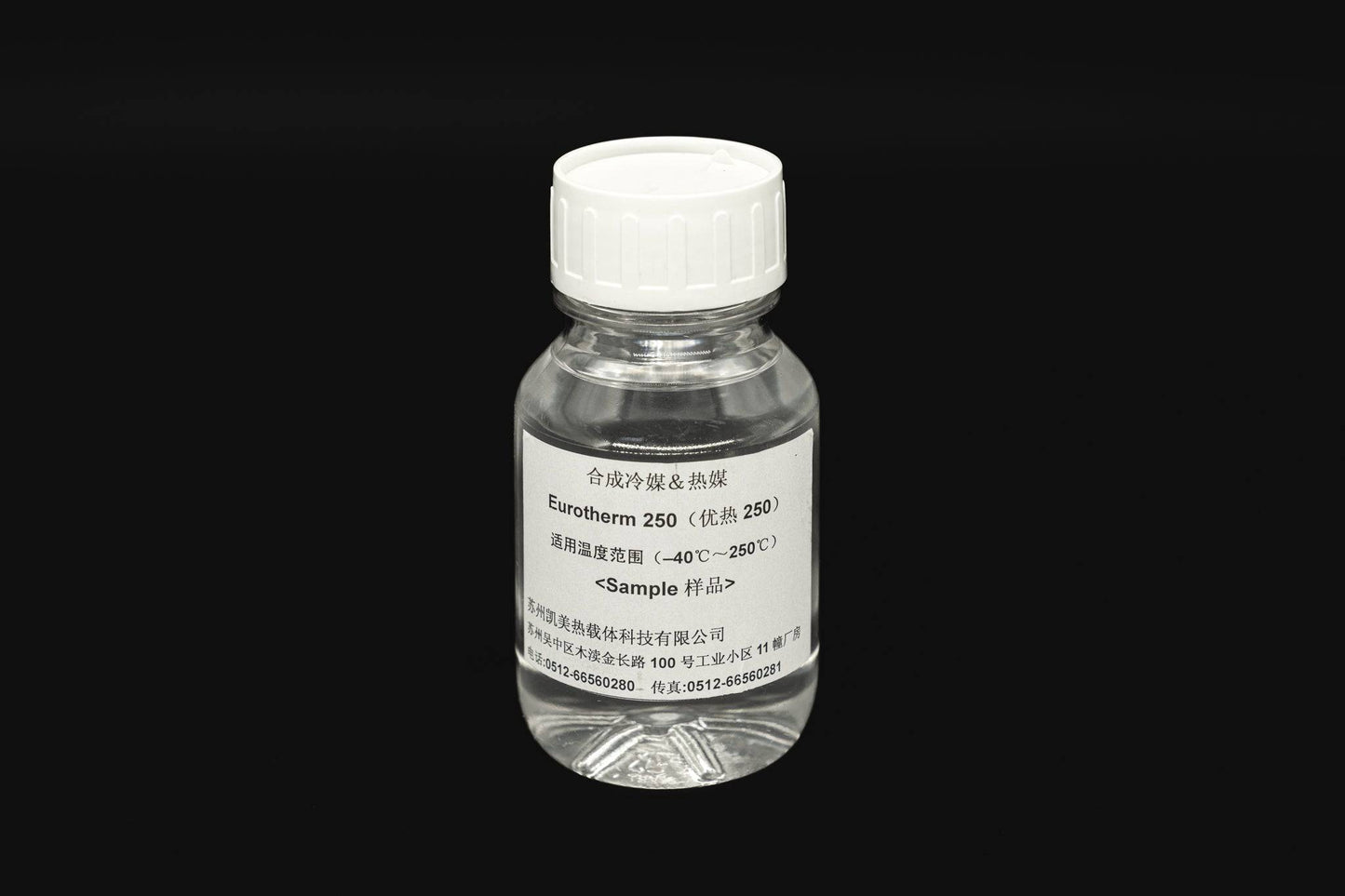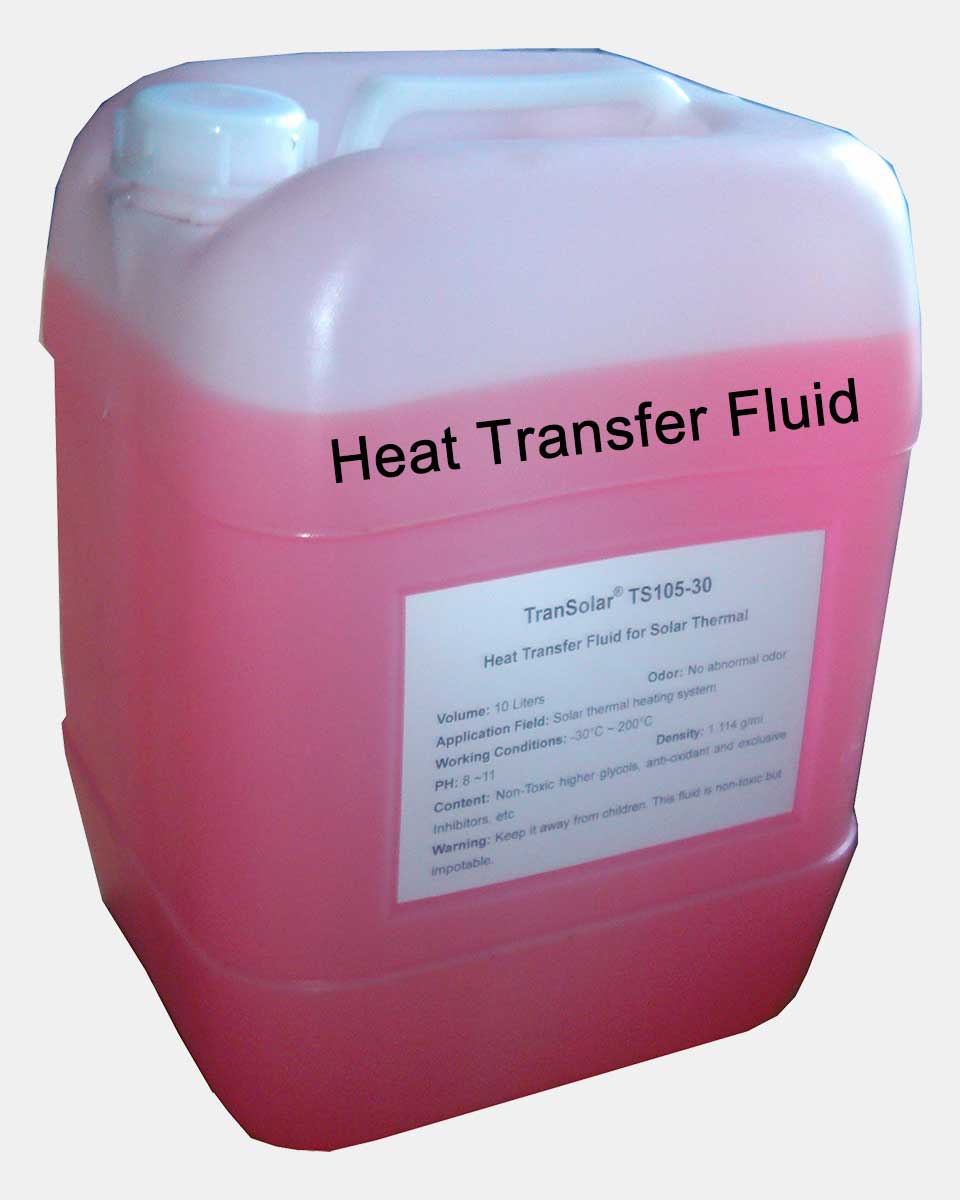Why Choosing the Right Heat Transfer Fluid Is Essential for Optimal System Efficiency
Picking an ideal warm transfer fluid is a crucial decision that can dramatically affect system effectiveness and functional prices. As the implications of this choice expand far past immediate performance, recognizing the nuances of fluid option comes to be necessary for anyone looking to attain ideal system effectiveness.
Value of Heat Transfer Fluids
What duty do warm transfer liquids play in commercial procedures? Warm transfer fluids are important for the reliable transfer of thermal energy within different commercial systems.
The selection of warm transfer liquid can substantially impact power tools, safety, and performance longevity. Liquids need to be qualified of withstanding heats and stress without breaking down, in addition to display very little volatility and reduced poisoning. Their performance straight affects not just the productivity of the system however additionally its operational expenses.
In addition, heat transfer fluids play a critical duty in preserving process control, guaranteeing that temperature changes are reduced. This is particularly vital in sensitive applications such as petrochemicals and drugs, where exact temperature level monitoring is critical. On the whole, the value of selecting the appropriate warm transfer fluid can not be overstated, as it is indispensable to optimizing commercial procedures and improving total system efficiency.
Trick Properties to Take Into Consideration
When choosing a heat transfer liquid, which essential residential properties should be focused on to make sure optimum efficiency? Thermal conductivity is essential; a liquid with high thermal conductivity will efficiently transfer heat, decreasing power loss. Furthermore, the specific warmth capability of the liquid is vital, as it determines just how much power the liquid can launch and save, influencing overall system responsiveness.
Thickness is another substantial building to think about, as it affects the liquid's circulation features; reduced thickness fluids are typically chosen for easier circulation and reduced pumping power. The liquid's temperature array is equally essential; it must carry out successfully within the functional temperatures of the system without vaporizing or breaking down.
Chemical stability is important to prevent destruction over time, which can lead to system ineffectiveness and potential failures - silicone oil. In addition, compatibility with system products must not be forgotten to avoid rust or damages to components. Take into consideration the environmental influence and security account of the fluid, as laws and sustainability objectives significantly affect fluid choice. By focusing on these key buildings, one can select a warm transfer liquid that improves system durability and dependability.

Effect On System Performance
The choice of heat transfer fluid straight affects system efficiency, influencing both energy consumption and operational efficiency. A fluid's thermal conductivity, viscosity, and warmth capacity play pivotal functions in exactly how effectively it transfers heat within a system. Optimal fluid buildings ensure that heat is soaked up and distributed effectively, lessening power losses and boosting the overall performance of the system.

Furthermore, the compatibility of the liquid with system materials can significantly impact performance. A liquid that creates deterioration or destruction can cause leakages and system failings, further decreasing performance. In summary, the appropriate heat transfer fluid not just optimizes power effectiveness and decreases expenses however likewise enhances the integrity and durability of the system, making it an essential consideration for engineers and decision-makers in thermal administration applications.
Common Kinds Of Heat Transfer Fluids
A selection of warmth transfer fluids are commonly employed in thermal administration systems, each with distinct buildings fit to certain applications. Water is just one of one of the most commonly used heat transfer fluids due to its high particular heat capacity, low cost, and schedule. However, its freezing factor limits its usage in low-temperature Homepage applications.
Thermal oils, frequently stemmed from oil, are another preferred selection, particularly in high-temperature systems. These liquids can operate at elevated temperature levels without vaporizing, making them excellent for industrial applications. Nevertheless, they may have restrictions concerning thermal security.
Refrigerants, made use of mostly in cooling systems, have distinct thermodynamic residential or commercial properties that enable reliable warmth transfer at reduced temperature levels. Their selection is crucial to make certain efficiency and compliance with ecological policies.

Additionally, phase adjustment products (PCMs) are acquiring traction for their ability to soak up and launch substantial quantities of warm throughout stage transitions, providing a distinct solution for thermal energy storage space. Each liquid's details qualities should be examined for ideal efficiency.
Ideal Practices for Option
Picking the ideal heat transfer liquid includes mindful factor to consider of a number of vital next elements that straighten with the details demands of the application. Second, consider the fluid's thermal conductivity, which affects warmth transfer rates; higher thermal conductivity typically leads to improved performance.
In addition, examine the liquid's thickness, as it influences pumping power and overall system efficiency. Reduced thickness liquids generally decrease energy intake throughout blood circulation. Compatibility with system materials is one more critical element; ensure that the fluid does not create corrosion or degradation of elements and pipelines.
Following, think about the liquid's stability and long life, particularly in high-temperature applications. A secure liquid reduces maintenance and substitute costs. Ecological and safety regulations must direct your choice process, highlighting non-toxic and environmentally friendly options when feasible.
Verdict
In final thought, choosing the ideal warm transfer liquid is essential for attaining optimum system efficiency. The appropriate fluid enhances thermal conductivity, minimizes power losses, and advertises equipment durability, ultimately bring about enhanced system reliability and performance. Understanding the crucial homes and effects of numerous fluids on system effectiveness is important for educated decision-making. Complying with ideal techniques in liquid choice can lead to substantial lasting cost financial savings and functional performance.
Heat transfer fluids are necessary for the efficient transfer of thermal power within various industrial systems. Furthermore, the certain heat capability of the liquid is crucial, as it figures out how much energy the liquid can launch and keep, influencing general system responsiveness.
Take into consideration the ecological influence and security account of the fluid, as laws and sustainability goals increasingly influence liquid option - silicone oil. A fluid's thermal conductivity, thickness, and heat ability play critical functions This Site in how successfully it transfers heat within a system. Water is one of the most extensively utilized heat transfer fluids due to its high certain heat ability, low price, and accessibility